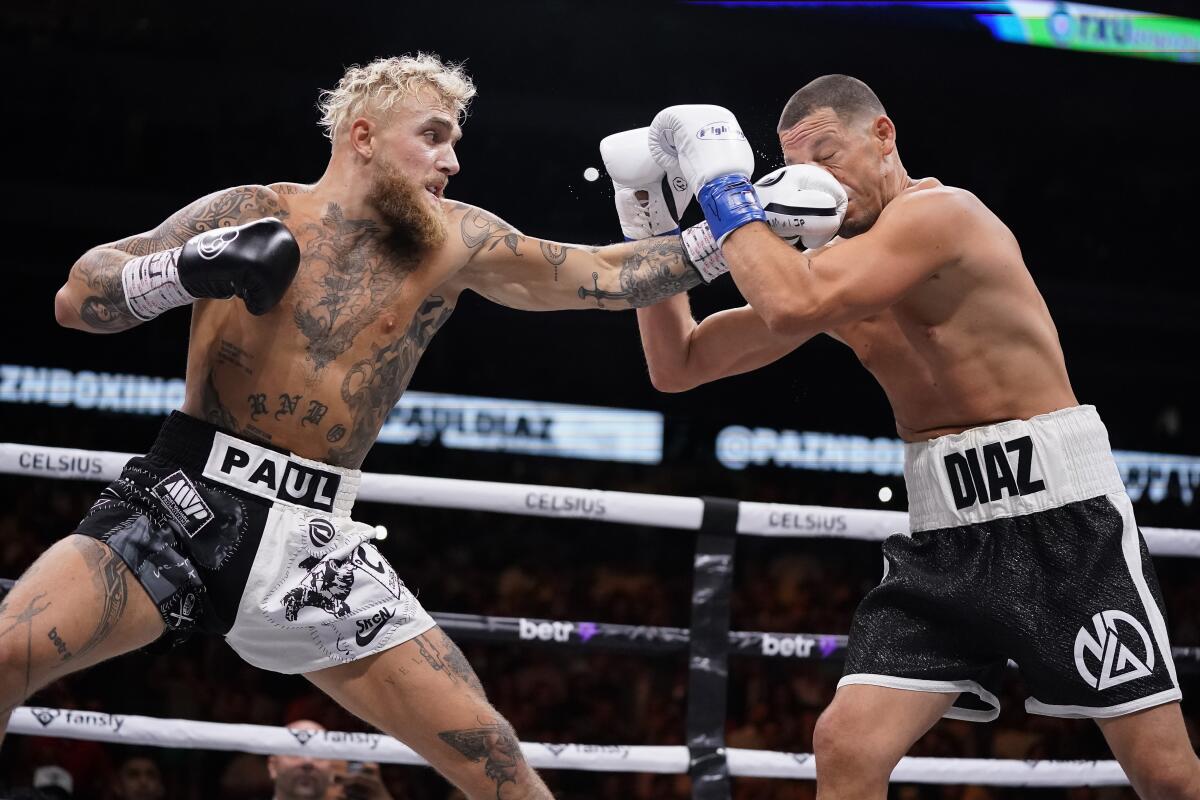Boxing Comebacks: What Does It Take to Return to the Ring After a Major Loss?

Mental Resilience: The Foundation of a Comeback
To recover from a significant defeat, a boxer must first confront the psychological blow. Losing a fight can result in feelings of failure and doubt, which can be far more difficult to overcome than the physical pain. The mental aspect of a comeback is perhaps the most crucial, as it determines whether a fighter will push forward or retreat into obscurity.
A boxer must first analyze the loss—what went wrong? Was it a failure in strategy, conditioning, or simply an off day? Honest self-reflection allows fighters to confront weaknesses without succumbing to self-blame. It is an opportunity to understand the gap between where they are and where they need to be.
The public nature of defeat in boxing can intensify the psychological burden. A fighter needs a strong emotional support system to navigate through the weight of disappointment, public scrutiny, and self-doubt. This includes close-knit teams, family members, and mentors who encourage perseverance.
Like any other skill, mental resilience can be developed. Boxers often work with sports psychologists to manage anxiety, fear of failure, and the stress that comes with high-stakes matches. The ability to tune out negativity and focus on improvement is what separates those who bounce back from those who don’t.
Physical Rebuilding: Retraining the Body for Victory
Once the mind is prepared to face the challenge, the body must follow suit. A major loss often highlights physical shortcomings, whether it be conditioning, technique, or injury. Rebuilding physical strength is critical to crafting a successful comeback.
After a loss, many fighters overhaul their training approach, often changing trainers or teams. A fresh perspective on their training routine can yield significant improvements. Strength, stamina, and agility must all be recalibrated with the lessons learned from the loss.
Beyond physical conditioning, there’s a need for strategic refinement. Fighters often rework their game plans, addressing the tactical errors that led to their defeat. This may include working on new defensive techniques, fine-tuning footwork, or finding ways to increase their striking precision.
Boxers frequently sustain injuries in the ring. For a successful comeback, fighters must prioritize recovery. This could mean taking time off to heal or engaging in physical therapy to correct long-standing issues. Without full physical recovery, a fighter risks further damage in their next bout.
Facing the Fear of Failure: Overcoming Self-Doubt and External Pressure
The boxing world is unforgiving. Every fight is under a spotlight, and expectations can be crushing after a loss. It’s not uncommon for fans, promoters, and even the fighters themselves to question whether a comeback is possible. The road to recovery includes overcoming these doubts, both internal and external.
A boxer’s reputation can take a significant hit after a high-profile loss. The media, fans, and even sponsors may express doubts about their future in the sport. Fighters must learn to ignore the noise and focus on their personal journey to redemption. What others think is secondary to their own belief in their capabilities.
For elite fighters, the stakes are even higher. A single loss can tarnish a legacy built over years. Fighters like Muhammad Ali and Mike Tyson had to confront not only their personal fears but also the expectations of the entire boxing world when they returned to the ring after devastating losses. These legends didn’t just fight to win—they fought to protect the narrative of their careers.
Even in the midst of a comeback, there are bound to be smaller setbacks along the way. Whether it’s losing a sparring session or failing to perform well in a training camp, these moments can feed into self-doubt. Fighters who succeed in their comeback embrace these challenges as part of the process, allowing them to grow stronger from each obstacle.
Reinvention: Crafting a New Path to Success
Perhaps the most remarkable aspect of a boxing comeback is the reinvention that often occurs. After a loss, many fighters evolve into a new version of themselves—both inside and outside the ring. They adjust their style, mentality, and even their public personas to fit the new chapter of their career.
Fighters who make successful comebacks don’t view defeat as the end of the road. Instead, they see it as a learning opportunity. They study their losses, acknowledging weaknesses and finding ways to improve. Reinvention often means incorporating new techniques or strategies that weren’t part of their previous arsenal.
For some fighters, moving up or down in weight class offers a fresh start. A change in weight class can allow boxers to leverage their strengths differently or face new opponents that provide a better matchup. This decision can also rejuvenate their career by challenging them in unfamiliar territory.
Finally, a comeback can signify a shift in a boxer’s goals. After a loss, some fighters aim to regain a title, while others may fight for pride or legacy. Whatever the motivation, setting new, attainable goals is crucial for maintaining focus and drive.
Conclusion
The path back to the ring after a major loss is one of the toughest challenges a boxer can face. It requires a combination of mental resilience, physical fortitude, and the ability to reinvent oneself in the face of adversity. The boxers who succeed in their comebacks often emerge stronger and more determined than ever before, not just because they’ve trained harder, but because they’ve conquered the psychological battle within. Returning to the ring after a loss is never just about redemption—it’s about transformation.
Psychological Resilience in Combat Sports
The Role of Mental Toughness in Sports
Mike Tyson: Lessons from Defeat






































